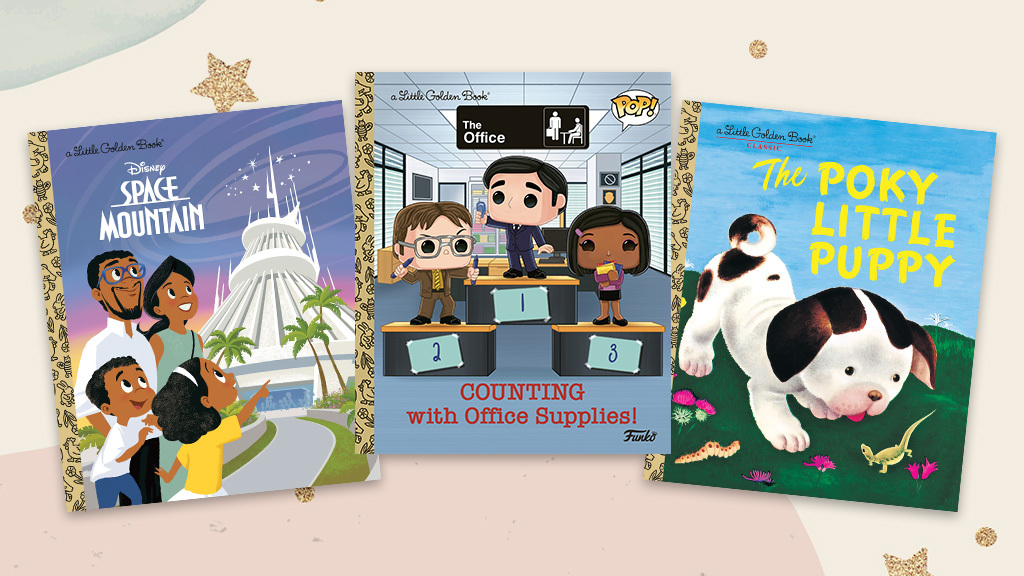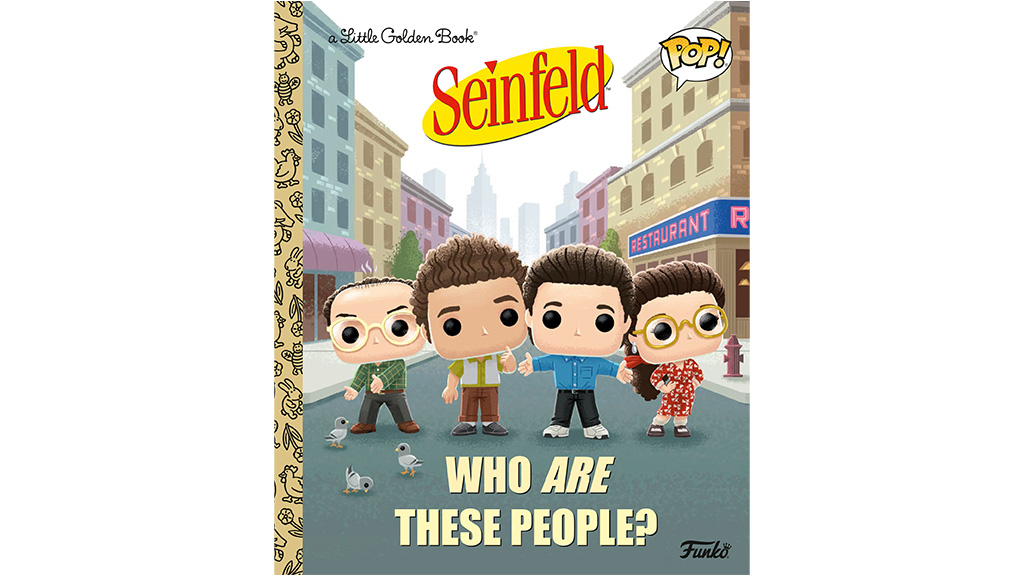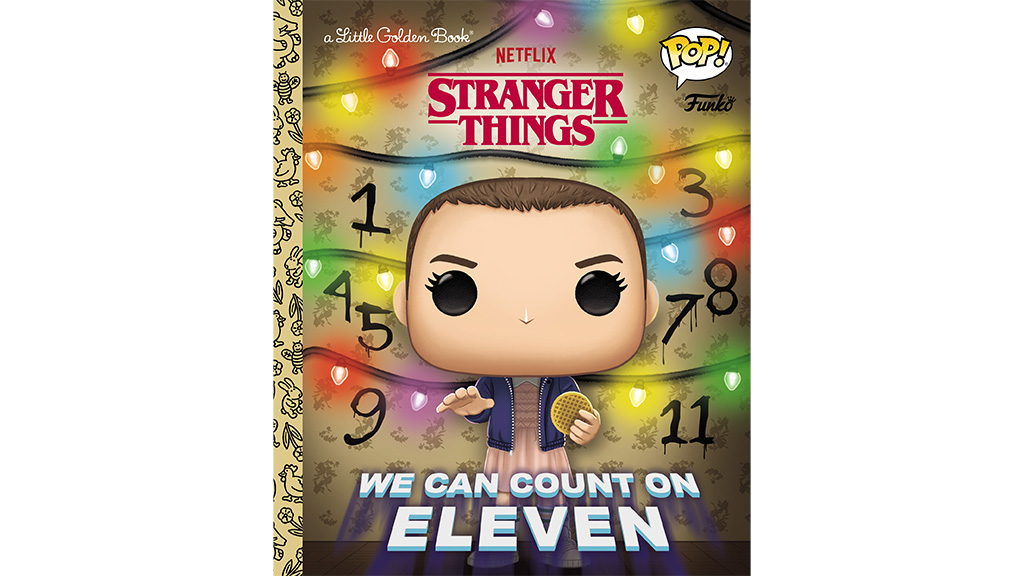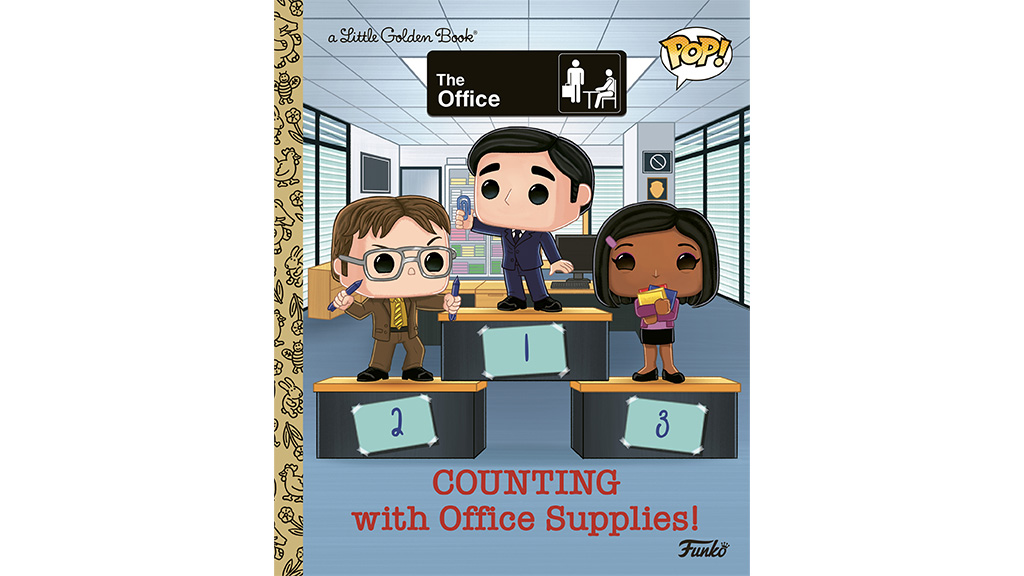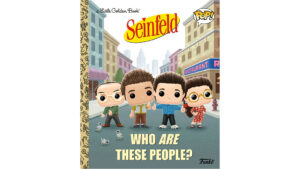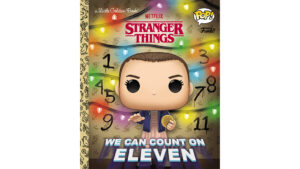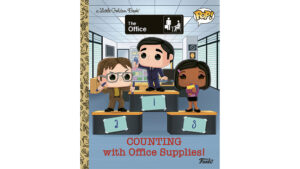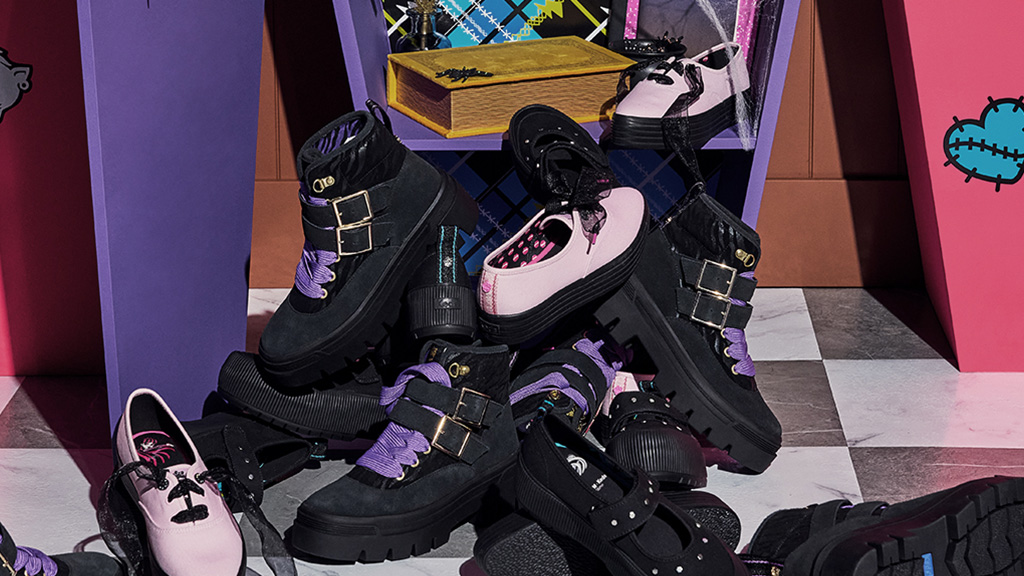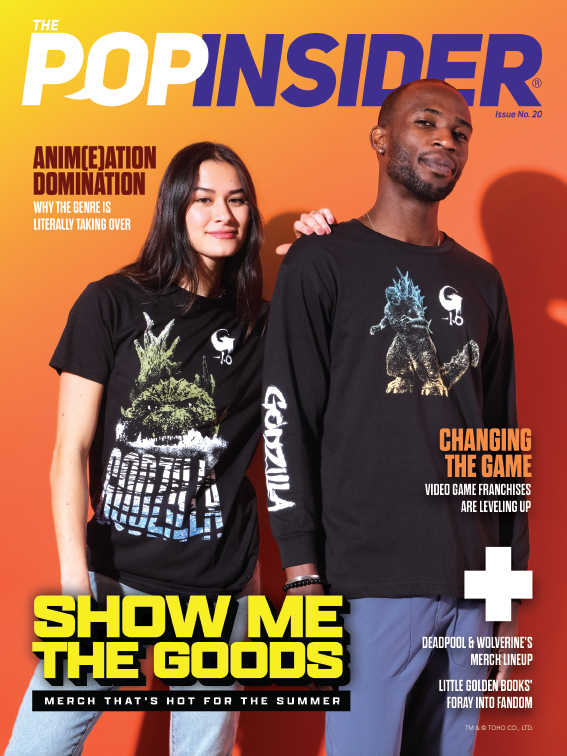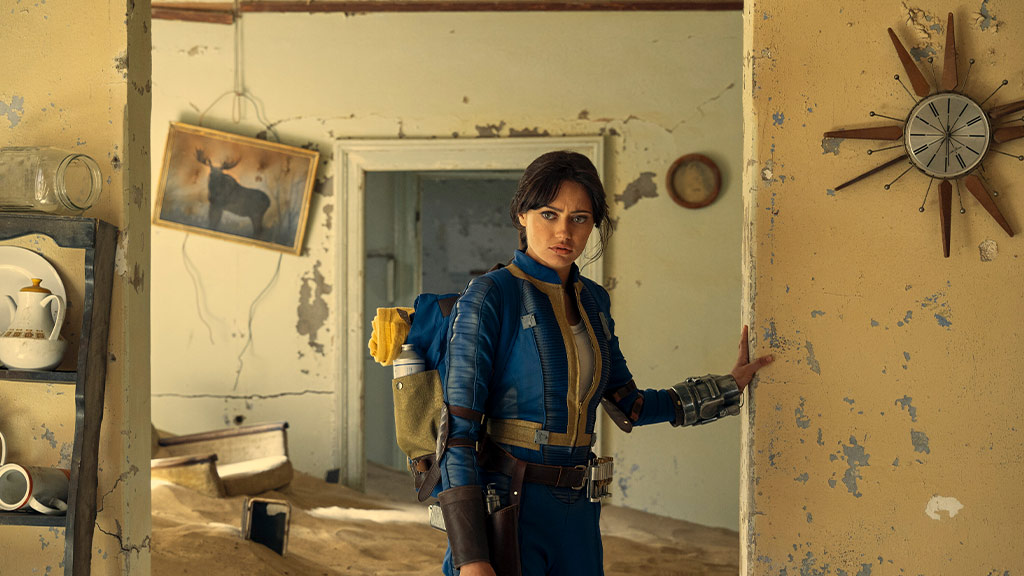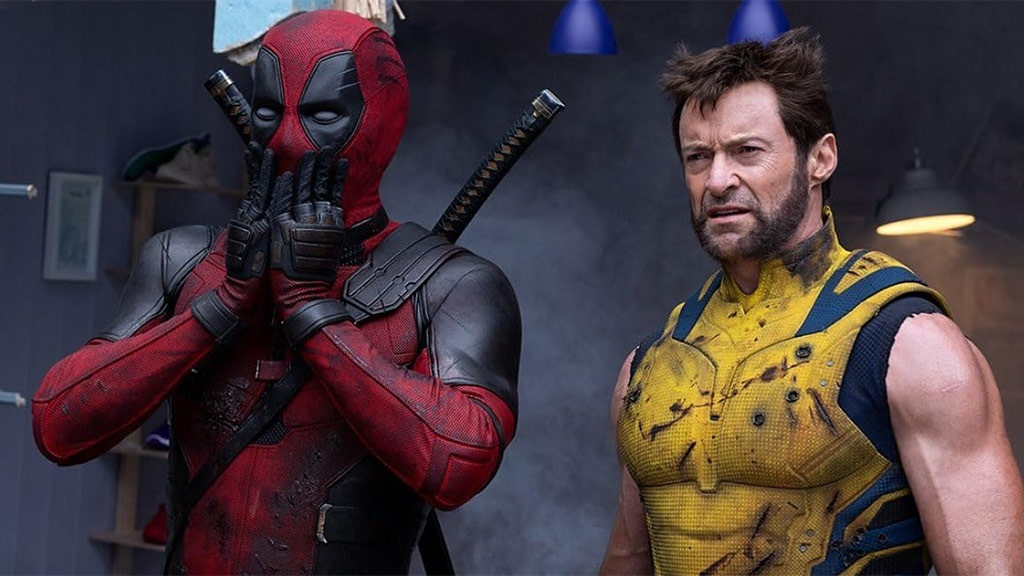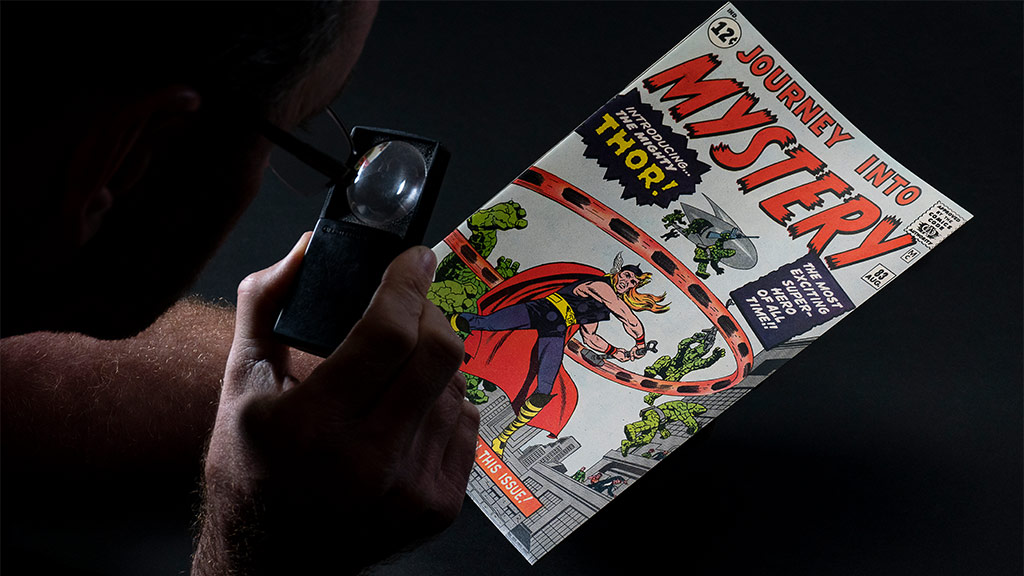Little Golden Books are still printed in the exact same way — and even on the exact same printing press — as they were in 1942, the year of the brand’s inception. However, these days that printing press is just as likely to spit out The Poky Little Puppy as it is a Funko Pop! retelling of Gremlins, a Disney Parks-inspired tale, or a Seinfeld character introduction book.
In other words, Penguin Random House’s Little Golden Books have gone full fandom.
Chris Angelilli is the vice president, editor-in-chief, and director of licensed publishing at Penguin Random House, and has spent a total of 30 years in the licensed publishing industry. Angelilli has seen the power of the fandom firsthand: “We have found that, in addition to just people who have grown up with [Little Golden Books] and want to share them with the kids in their lives, that also there is a huge adult collector following.”
A large portion of this adult collector following is interested in early titles from Little Golden Books. The brand originally produced 12 stories, and these rarities and early editions now sell for up to hundreds of dollars online. There are entire websites dedicated to the collection and celebration of Little Golden Books; dozens of Instagram accounts borne from the trade and sale of them; and, at time of writing, 4 million “The Little Golden Books” posts on TikTok.
“All of us grew up with them,” Angelilli says. “It’s the most iconic children’s book format.” And indeed, it’s this format that has kept fans devoted for decades: the proprietary binding system, the low cost, and the gold foil spine.
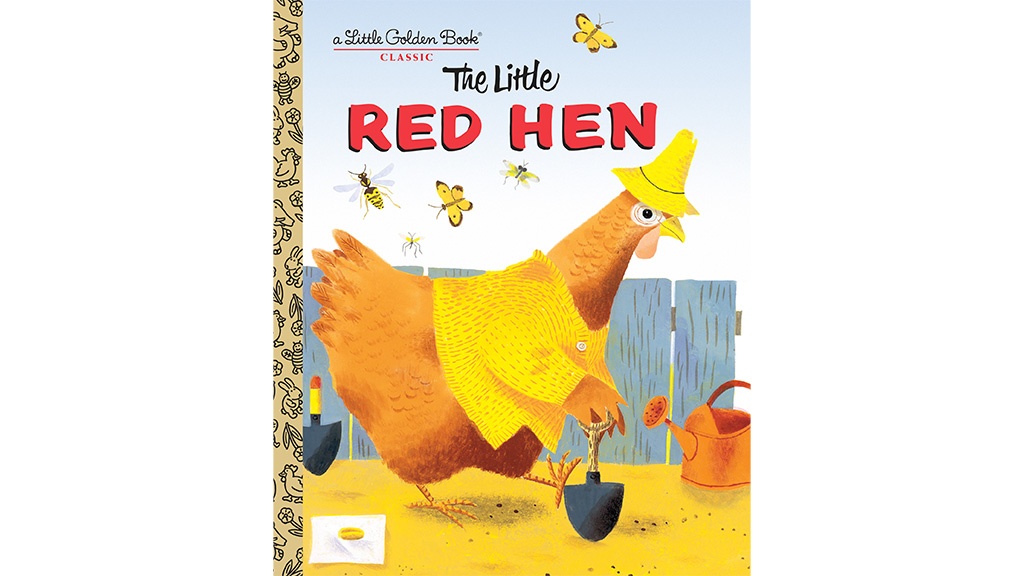
So what do you get when you combine a devotion to a brand’s original identity with the fortitude of new age fandoms? Huge sales.
“We have been specifically publishing Little Golden Books based upon properties that are clearly targeted toward an adult,” Angelilli says.
These titles include a multitude of Marvel properties, ranging from She-Hulk to Ms. Marvel to Spidey and His Amazing Friends. There are also books about Dungeons & Dragons, Super Mario, and Shazam! “One thing we’ve been discovering is that the adult superfans who have children … have found that Little Golden Books are a great way to introduce the children in their lives to the properties that they love,” he says.
For fans who want three layers of fandom, there are even Funko-ized Little Golden Books. “It turns out that the CEO of Funko is a huge Little Golden Book fan. So he reached out to us and he said, 'Hey, how can we partner?’” Angelilli recalls. The partnership looks like this: Funko-style Little Golden Books feature stories from Stranger Things, The Office, E.T., Back to the Future, and more, and Angelilli notes that for some of those more intense properties, the Funko look gives them a more kid-friendly vibe. But even a Funko look doesn’t necessarily make adapting intense adult material to a kids’ book format an easy task.
“Alien was probably one of the most [challenging],” Angelilli says of the upcoming ABC book based on Ridley Scott’s horror movie of the same name, but some adaptations do have an easy fix, as in the case of Jurassic Park: “We focused more on the magic of being in a place where dinosaurs are roaming around rather than the fact that the dinosaurs are running around trying to kill everyone in the park.” However, there are certain lines that can’t be crossed: “I don't know if I should say this, but we almost did a Squid Game Little Golden Book before all of us came to our senses,” he says.
I don't know if I should say this, but we almost did a Squid Game Little Golden Book before all of us came to our senses.
Thankfully, it isn’t all about the adults. Little Golden Books retains a roster of licensed and inherently kid-friendly titles, wielding popular stories and characters like Peppa Pig, the Sesame Street gang, and various attractions and rides at the Disney parks.
Another surprising angle Little Golden Books is taking on is the unofficial biography genre, part of its “Famous Faces” category. From The Beatles and Jackie Robinson to Carol Burnett and Audrey Hepburn, the subjects of these unofficial biographies are all ultra-famous and utterly inspiring.
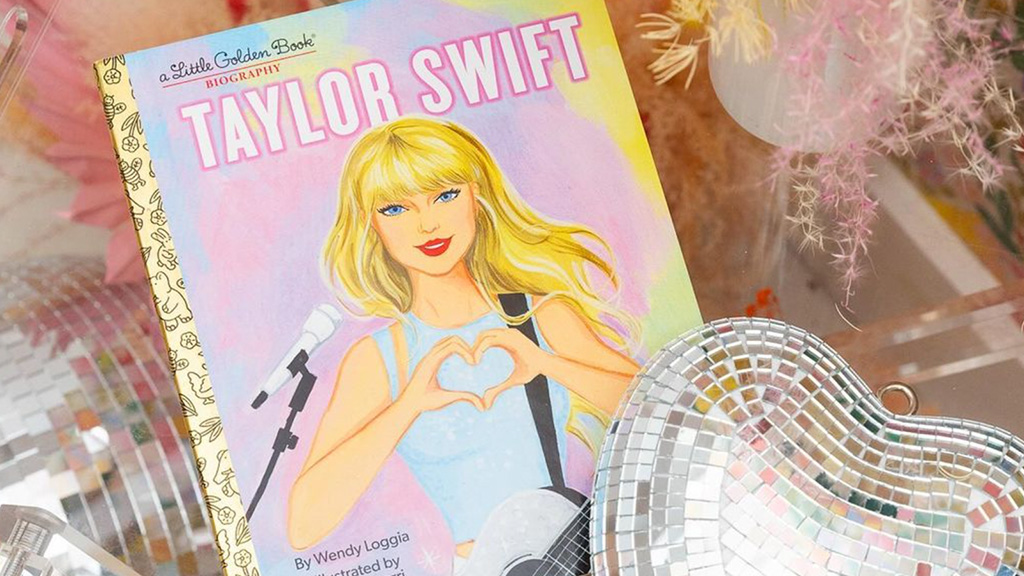
And of course, there’s the Taylor Swift: A Little Golden Book Biography. According to a Publisher’s Weekly story from late 2023, the Taylor Swift title sold 367,000 copies and was a best-seller on both The New York Times and Publisher’s Weekly lists. Wendy Loggia, vice president and senior executive editor at Delacorte Press, a Random House Children’s Books imprint along with Little Golden Books, then told Publisher's Weekly: “The response from fans and book buyers has been overwhelming … People are giving it as baby shower gifts, they’re putting their concert tickets in the book; they’re pulling the book apart and creating journals with their own pages inserted; they’re using it in schools, along with friendship bracelets, as a classroom activity.”
The multitude of ways in which Little Golden Books masters the pop-culture arena continues. And despite the cred the brand gets from TikTok and other digital platforms, Angelilli sees the physical book, and specifically Little Golden Books, as a permanent fixture. “People still want physical books. You sit down with a child … something about touching the cover and the smell of the glue and the spine … it’s a part of the reading experience.”
After 82 years of sharing stories for a diminutive cost, the gold foil format of Little Golden Books appears to be staying put in our culture, in kids’ hands, and on collector’s shelves.
However, there is one potential hiccup: “If that press ever breaks,” Angelilli says, “we’re in trouble.” But he’s only being facetious: Even if the press breaks, Little Golden Books and its mammoth appeal, will, as it always has, find a way forward.


